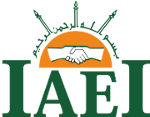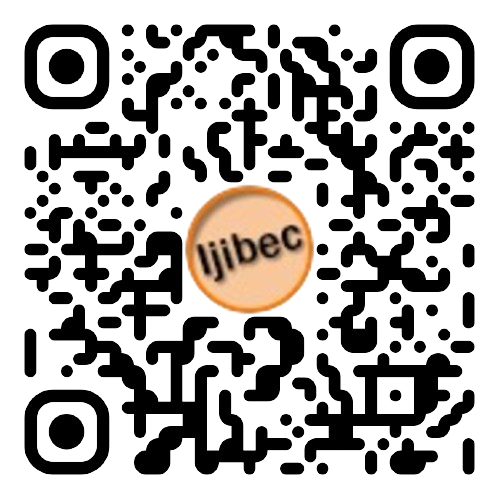The Effect of Interest, Religious Stimuli, and the Consumer’s Trust on the Digital Al Qur’an Purchase
DOI:
https://doi.org/10.28918/ijibec.v2i2.1307Abstract
- Tigaraksa Satria branch of Semarang, is a company which runs the digital Al Qur’an product as one of its type of business’s engagement. One of the digital Al Qur’an to be sold is Mushaf Grand Maqomat. PT. Tigaraksa Satria also produces Mushaf for Woman and Mushaf Maqomat for Kids. Among these three Mushaf, Mushaf Grand Maqomat−has the less selling. This study is expected to measure and analyzing the effect of interest, religious stimuli, and consumers’ trust on the decision to purchase digital Al Qur’an. It is suspected that variable of religious stimuli has the most dominant effect to the consumers. The population in this study are the current consumers of digital Al Qur’an on PT Tigaraksa Satria. The result of this study indicates that variable of interest has significant effect on the purchasing’s decision. This is resulted on p−value (sig) that is 0.001 under 0.05, the variable of stimuli hassignificant effect on purchasing decision indicated by 0.755 as the p−value (sig) above 0.05. Whilst, the most dominant variable that inßuences buyers in purchasing Al Qur’an is the religious stimuli, accordingly to the researcher’s hypothesis that states religious stimuli is the most dominant variable.
Downloads
Published
2024-01-08
How to Cite
Ijibec, A., Sokhikhatul Mawadah, & Nurudin. (2024). The Effect of Interest, Religious Stimuli, and the Consumer’s Trust on the Digital Al Qur’an Purchase. International Journal of Islamic Business and Economics (IJIBEC), 2(2), 89–97. https://doi.org/10.28918/ijibec.v2i2.1307
Issue
Section
Artikel













